Review: The Royal Tenenbaums not only stands as one of Wes Anderson’s best movies of his career, but also a defining work of the independent filmmaking scene in the early 2000s. It’s dripping with color and visual intensity, masking a story with deep themes of broken families.
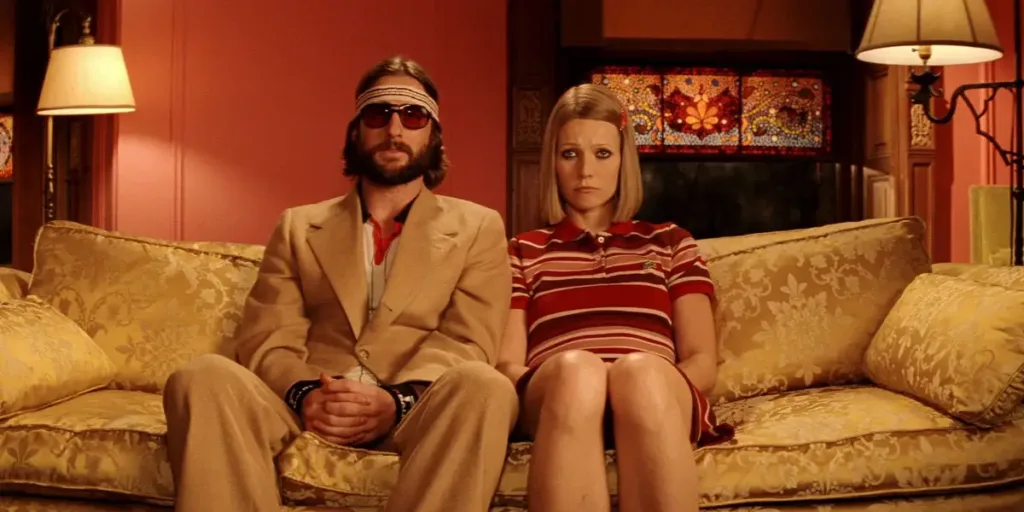
For years, there was certainly a case to be made that Fantastic Mr. Fox was not only my favorite movie from esteemed director Wes Anderson, but possibly also my favorite movie ever made. That movie hit me at such an influential point in my life where I was just the right age to admire the craft that went into making the odd stop-motion style that it uses, but also being able to identify and understand the comedic elements and the cultural touchstones that he’s referencing. But today, I prepare to relinquish that grasp as I attempt to crown a new favorite: The Royal Tenenbaums.
Obviously, I’m not breaking any new ground by praising The Royal Tenenbaums as a truly remarkable, canonized piece of filmmaking that represents the early 2000s – but there’s still a timeless quality of it that feels important to touch on considering I was the young, spry age of one when this movie hit theaters. But The Royal Tenenbaums has managed to stay culturally relevant throughout all these years, and it’s easy to see why because the feature is effortlessly cool and emotional in a way very few films are able to intersect.
The movie follows the Tenenbaum family as the father Royal (Gene Hackman) attempts to reinsert himself into his children’s lives years after his split from their mother Etheline (Anjelica Huston). The children have each tried to reconcile their childhoods their own ways; Chas (Ben Stiller) neglected to even mention Royal’s name to his kids since their birth, Margot (Gwyneth Paltrow) traveled the world and eventually closed herself off to society and even her own husband Raleigh (Bill Murray), and Richie (Luke Wilson) attempted a tennis career to gain his approval before flaming out and travelling the seas.
But as Royal tells a lie that he has terminal cancer, each family member is brought together in an attempt to rebuild relationships with one another while there’s still time. There are powerful confrontations of love, anger, and disconnect that ring true and feel as authentic as anything Wes Anderson has ever put to screen.
As a story, The Royal Tenenbaums is Wes Anderson at his early apex. This movie is the best live action combination of his style and the colorful world that it takes place in. Each of the characters have enriching backgrounds that are laid out effectively early on, and the movie is able to move quickly through the plot because of it. As a result, The Royal Tenenbaums is a brisk and lean feature at just under two hours – a feat in terms of runtime compared to today.
Reviews for Wes Anderson Movies like The Royal Tenenbaums (2001)
The themes feel as densely articulated as any point in Wes’ career as well as each character struggles to identify and overcome traumatic moments in their lives. Chas’ line towards the end where he confines in Royal that he’s had a long year still feels as powerful and understated as it did the first time I saw the movie, while the shaving sequence for Richie is equally saddening and shocking even when you know it’s coming.
It’s Wes Anderson’s most human movie, and for a director seeming to continue to burrow deeper and deeper into his own style to the point of self-parody, I can only wonder if he’ll ever come out the other end making movies like this again. There’s less artifice and wallpaper to his early movies and The Royal Tenenbaums is the best he’s ever done at balancing the two.
The tone certainly feels less wonderous and playful than his latest endeavors, instead opting for a melancholy mood that supports the upsetting imagery well. The Royal Tenenbaums, for all the fun needle drops and quirky sets, is not a very endearing and happy movie. The family has to cut through a thick line of trauma in order to rebuild and mend the relationships with one another. There’s a lot of angst and hostility on display until those moments happen.
Perhaps nothing has aged better in all of Wes Anderson’s career than the soundtrack he uses here to back some of the pinnacle scenes – from the introduction being played to the tune of “Hey Jude,” or Richie’s aforementioned bathroom scene accompanied by “Needle in the Hay.” There are many shots in here that are seared in my brain because the combination of music and imagery is so distinct and perfectly executed – can’t forget the slow motion of Margot getting off the bus and seeing Richie for the first time again.
Timeless is a word that gets thrown around a lot these days, as is classic, but both feel fitting for The Royal Tenenbaums, a grand statement about broken families that Wes Anderson would attempt to peel apart again and again for decades to come. I’m not sure he’ll ever get as poignant and resonating again as he is here, but that’s not to the detriment of everything that comes after. It’s because The Royal Tenenbaums is just that good. His best film.
Watch The Royal Tenenbaums (2001) on VOD here
The Royal Tenenbaums Cast and Credits
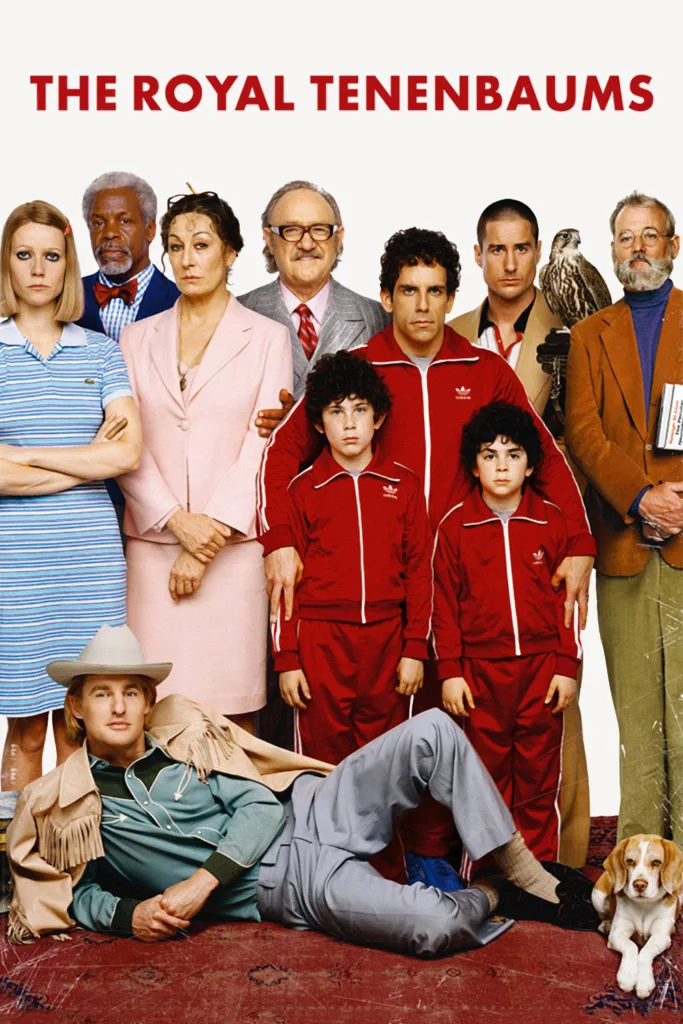
Cast:
Gene Hackman as Royal Tenenbaum
Anjelica Huston as Etheline Tenenbaum
Ben Stiller as Chas Tenenbaum
Gwyneth Paltrow as Margot Tenenbaum
Luke Wilson as Richie Tenenbaum
Owen Wilson as Eli Cash
Bill Murray as Raleigh St. Clair
Danny Glover as Henry Sherman
Kumar Pallana as Pagoda
Crew:
Director: Wes Anderson
Writers: Wes Anderson, Owen Wilson
Cinematography: Robert D. Yeoman
Editor: Dylan Tichenor
Composer: Mark Mothersbaugh
The Royal Tenenbaums movie on Letterboxd
The Royal Tenenbaums movie on IMDb
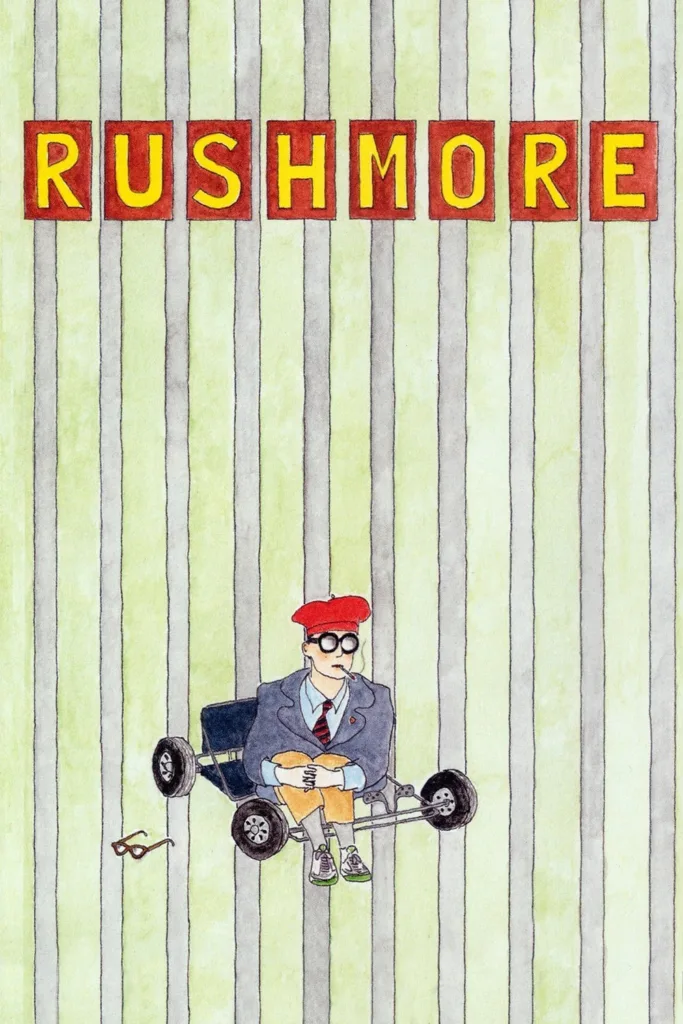
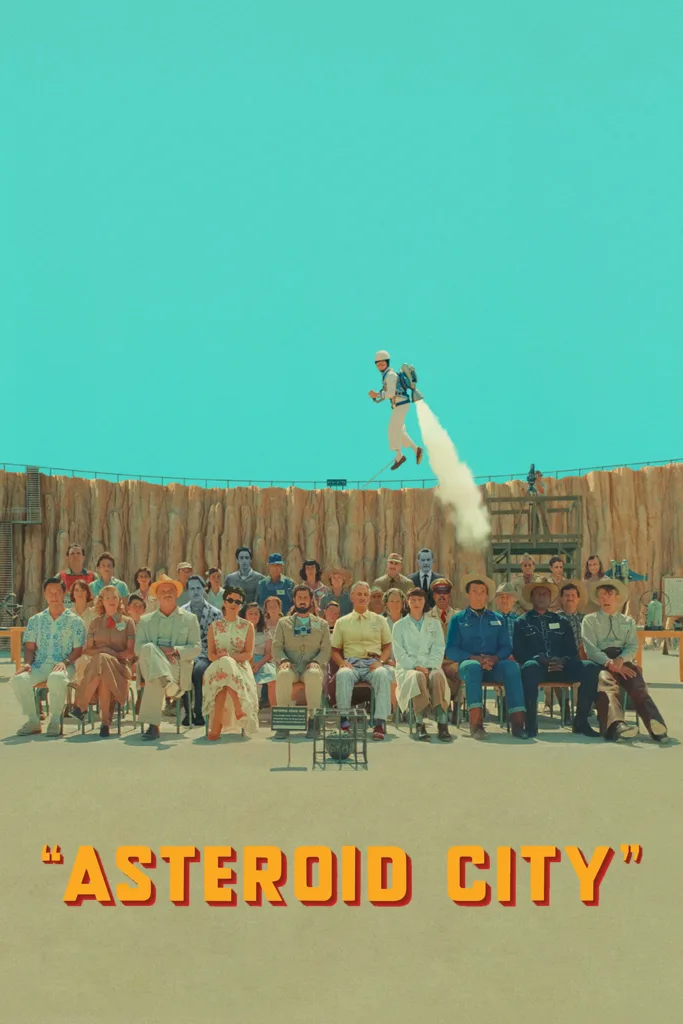
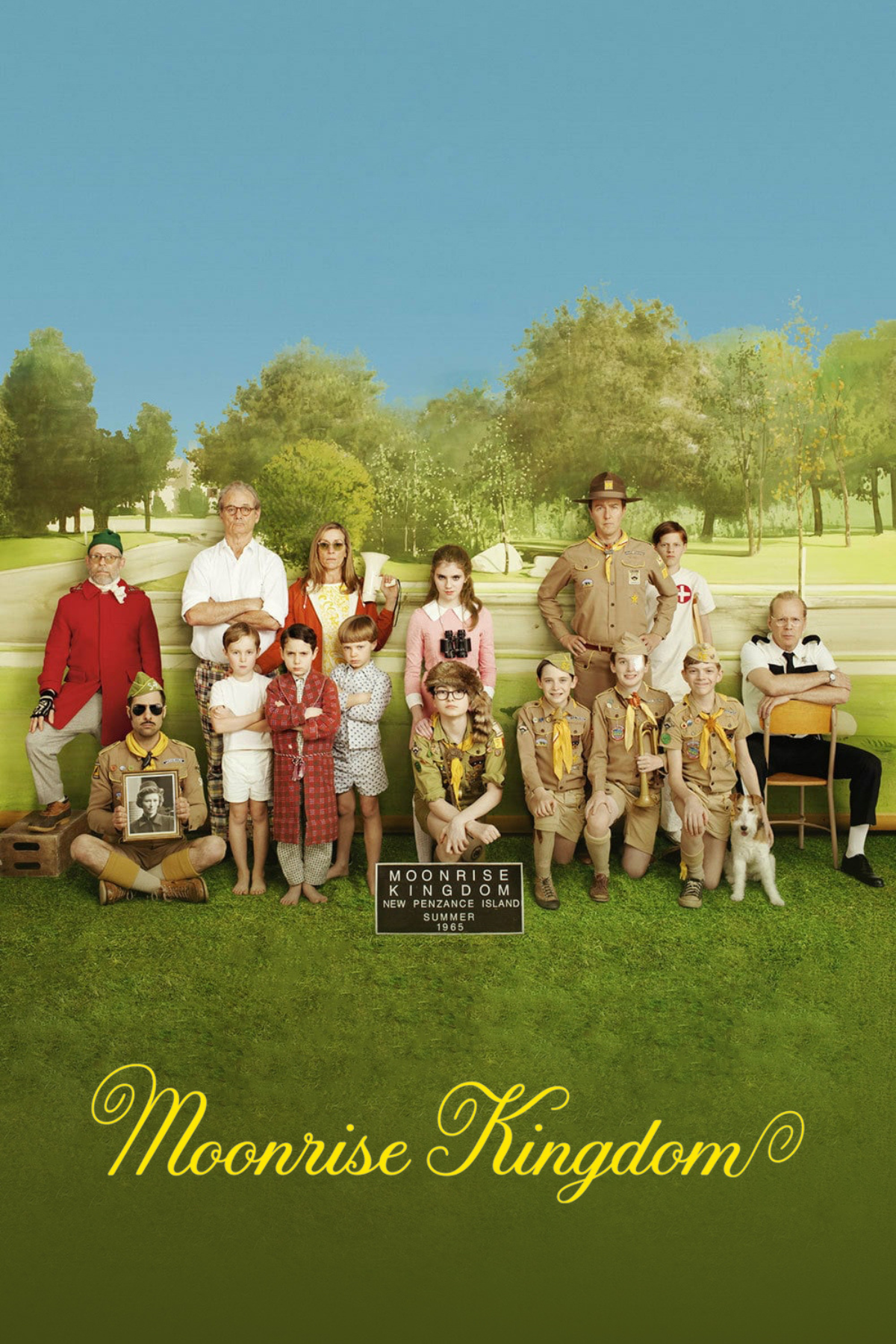
2 thoughts on “The Royal Tenenbaums Movie Review: Wes Anderson’s Perfect Blend of Broken Families and Controlled Chaos”
Comments are closed.